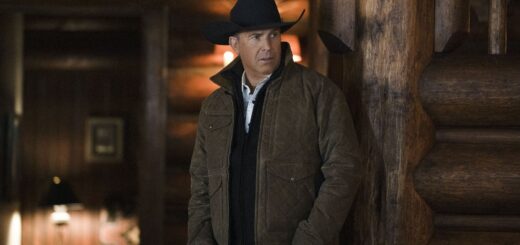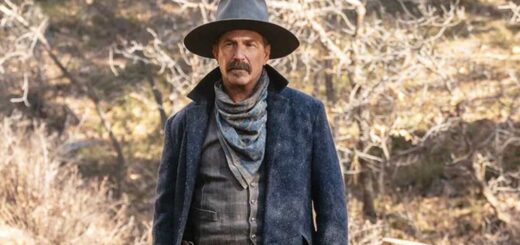“He Turned Us Down: When Kevin Costner Rejected a $20m Studio Peace Offering”
Making movies often comes down to the timeless clash between creativity and business, with every choice reflecting a balance of artistic vision and practical concerns. Few actors have represented this tension better than Kevin Costner, known for his strong opinions and sometimes difficult behavior when things didn’t go as he wanted.
A perfect example of this occurred in 1999, when Costner found himself in a standoff with Universal Pictures over the final version of his third major baseball-themed film. For Love of the Game tells the story of Billy Chapel, a 40-year-old pitcher aiming for a perfect game in his final outing with the Detroit Tigers, all while reflecting on his romance with Jane. Directed by Sam Raimi, who was then transitioning away from horror films, this project was especially close to Costner’s heart—so much so that the opening credits included home videos of his childhood with his father.
To keep the budget manageable at $50 million, Costner agreed to forgo his usual hefty $20 million salary, opting instead for a share of the film’s profits. In return, he was granted final cut privileges—meaning he had creative control over the movie rather than the studio. However, this was contingent on the film running less than two hours and ten minutes and earning a PG-13 rating from the Motion Picture Association of America (MPAA).
When Costner and Raimi delivered the film, Universal wasn’t satisfied. Although the studio relaxed the runtime requirement (the film clocked in at two hours and 17 minutes), the real issue was the film’s R rating, caused by two instances of strong language—one too many for a PG-13 rating. Universal demanded the offending line be rerecorded and cut about ten seconds from the movie to secure the desired PG-13 rating. After these changes, the film was approved, but Costner publicly criticized Universal for the compromise.
Why Kevin Costner Refused $20 Million Over a Single F-Bomb
A few weeks before the movie’s release, a frustrated Costner explained, “For Universal, this movie has always been about the length and the rating. It’s never been about the content. You’d think a studio would want to release the best version of a movie, not just one that appeals to the lowest common denominator.”
He expressed disappointment that the studio never challenged the MPAA’s decision and remarked, “I think the love of movies is fading.”
Unsurprisingly, Universal executives were furious with Costner, believing he had hurt the film’s box office prospects. Co-chairman Stacey Snider told The Los Angeles Times, “Kevin’s not the director, and it’s unfair for him to hijack a $50 million asset,” adding, “Our support is for the filmmaker, and that’s Sam Raimi, not Kevin Costner.”
To Costner, Universal’s quick capitulation to the MPAA wasn’t just a minor compromise—it meant the studio was settling for a lesser version of the film. His friend Armyan Bernstein noted that Costner “felt that even if the studio lost the ratings fight, they should have released the film as an R-rated movie, because it’s the best version of the film.” Costner saw the studio’s decision as proof that he was never truly treated as a creative partner.
Remarkably, despite the tensions, Universal valued Costner enough to offer him $20 million as a make-good for the salary he gave up. “We said, ‘If you feel cheated, we’ll write you a $20 million check right now,’” Snider revealed. “And he turned us down.”
That’s right—Costner declined the studio’s generous peace offering over a mere ten seconds cut from a 137-minute film. Whether out of principle or confidence that the film’s success would earn him far more in backend profits, he said no.
In the end, the movie flopped at the box office, and nobody truly won.


